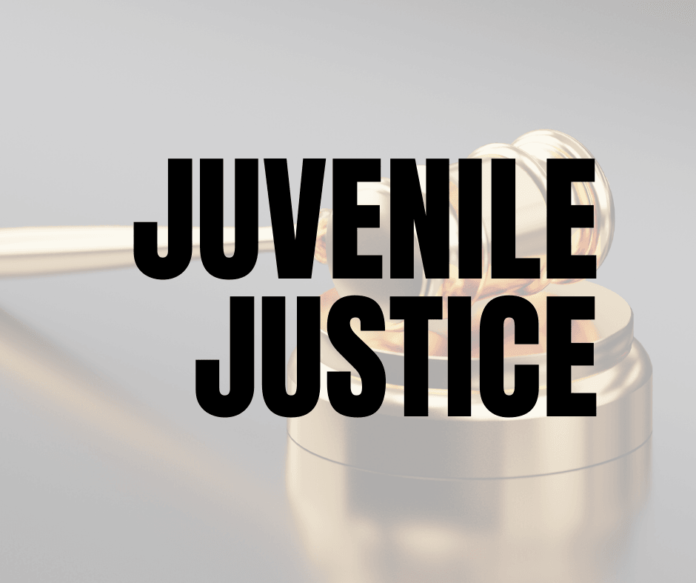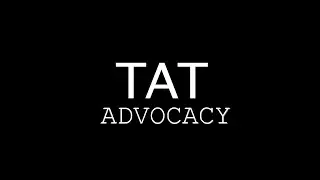
The closer I have gotten to this subject and the omnibill that was supposed to bring reform, the more frustrated I get. In spite of studying the publicly available information, I have learned that some major amendments have come into play that bring less reform, but delivers more of what some people believe is justice.
In response to the juvenile judges across the state, provisions in the original reform meant to limit incarceration and out-of-home commitments to the Department of Children’s Services have been all but scrapped. The frustration I mentioned above comes first from the way the government likes to keep the original bill summary up for the public to read in spite of amendments that gut the original intent. Secondly, frustration comes from the way reform becomes a buzzword rather than an action.
Here is a summary of some of the significant changes made by the Senate and House amendments. This bill has been recommended for passage in both the House and the Senate (HB2271/SB2261).
Nonetheless, one particular provision that changed may allow for indefinite incarceration for violation of a valid court order (VCO). This op-ed in the Commercial Appeal highlights the use of the VCO as a way to extend incarceration indefinitely. Remember that the original reform bill addresses status offenses- those violations that apply only to juveniles and would not be a crime if committed by an adult. VCOs are overwhelming utilized in Tennessee’s urban courts. Additionally, changes to section 12 and 13 of the bill allow juveniles charged with unruly offenses to be detained more than 24 hours even if a VCO is not in place.
In some places, rather than allowing the supervising authority (county or state) to file petitions for violation of terms or limitations, the amendment allows that the court may direct such petitions to be made, thus broadening the power of the bench to detain, commit to custody, or extend probation. This would require each juvenile judge, most of whom are not solely juvenile judges, but also hear other general sessions cases, to be extremely aware of each juvenile case and the needs attached to each case.
Regarding extending judicial diversion or probation, which initially was to continue for no longer than 6 months unless certain strict requirements were met, there has been significant watering down to allow the courts greater discretion. The definition of evidence-based treatment program appears to have been watered down, some sections that call on the use of or need for evidence-based treatment have been stricken out completely. Treatment need for a particular juvenile appears to go unconsidered, while a court only needs to justify why “continued effectiveness” of a treatment “is in the best interest of a child.”
Commitment to state custody carries those some changes above, but also directs that extensions of custody rely on the “previously administered validated risk and needs assessment.” The concerns arising from this is, of course, needs a risks change over time. It does not take too many successive 6 month periods in custody to see significant changes for juveniles.
The balance is always difficult. Law and order are important. In my experience, few juveniles leave the juvenile justice system rehabilitated. Too many are further marginalized and criminalized. The amendments to this bill will result in at least as many status offenders being detained or committed, if not more, into a system that is not designed for their rehabilitation. Meanwhile, those juveniles who do commit serious offenses and require greater supervision and treatment will suffer in an overwhelmed system.




















